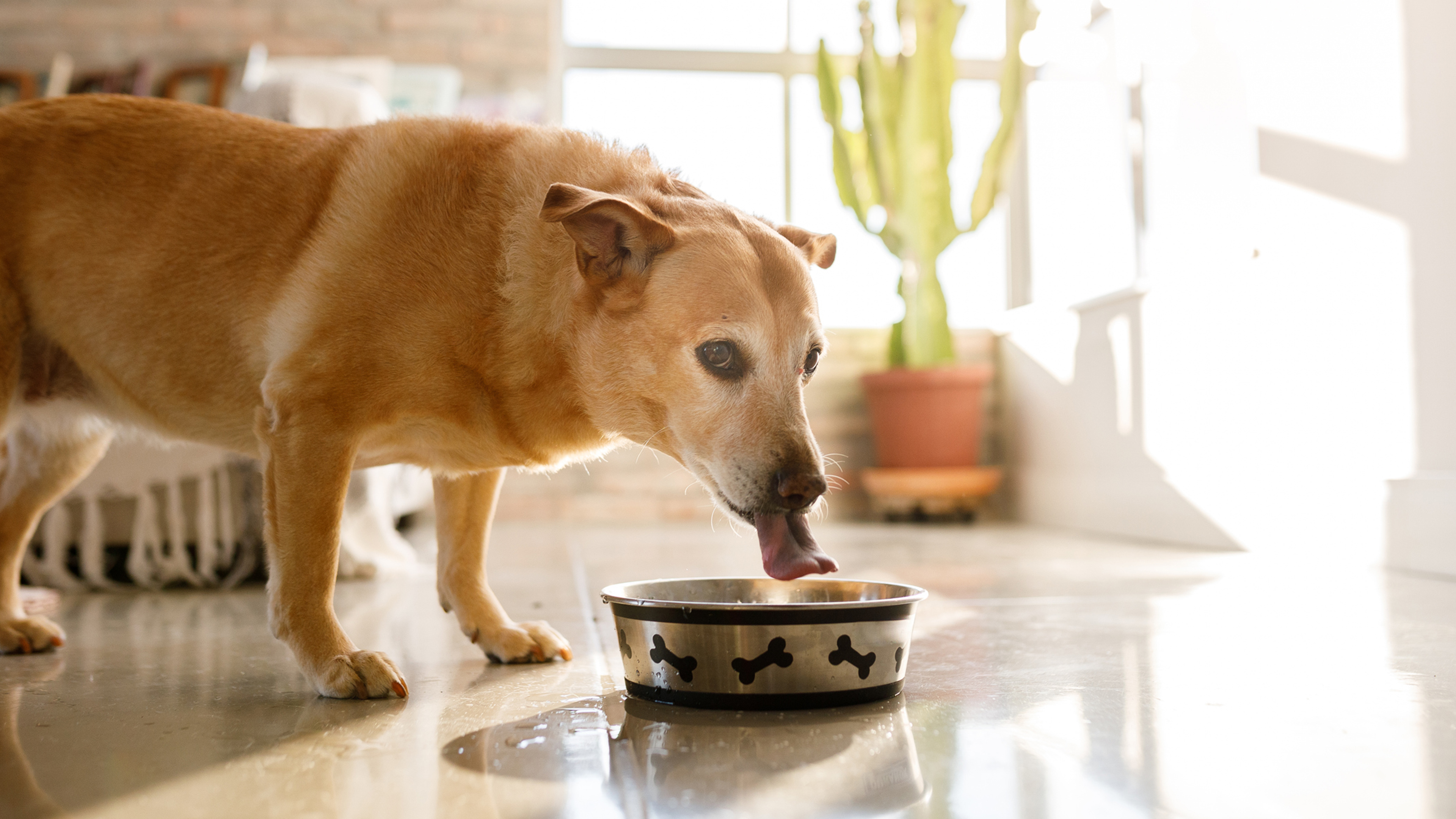tips for taking care of your new puppy
Puppy lesson #1:
Why puppy vaccinations are importantVaccinations help prevent disease, build your pup’s immune system, and keep them healthy. We recommend core vaccines such as rabies, distemper/parvo, Bordetella, and adenovirus. And for non-core vaccines, we recommend parainfluenza, Lyme disease, leptospirosis, and canine influenza. Learn more about what you need to know before your pup’s vaccination appointment here.
Puppy lesson #2
Why do puppies need to be spayed or neutered?Spaying and neutering not only helps prevent pregnancy, it also can help prevent life-threatening illnesses such as ovarian, uterine, and testicular cancers. Timing of neutering can depend on the breed, size, and temperament of your dog. Some dogs can be neutered as early as 4–6 months old and recovery typically takes up to two weeks, although your pup will usually go home the same day. If you have concerns about spaying or neutering your puppy, check out this helpful video or talk to your Banfield vet. We’re here to answer any of your spaying or neutering questions.
Puppy lesson #3
Do puppies need dental care?At Banfield, we’re big into teeth health. Regular professional dental cleanings and oral exams can help tackle the buildup of smelly, sticky tartar on your pet's teeth, and can help avoid painful periodontal disease, tooth loss, and stinky pet breath. We typically recommend dental cleanings after the age of one, unless your veterinarian identifies opportunities for cleaning. However, you should implement dental care at home from day one. Talk to your Banfield vet about puppy dental care today and check out this video about what you need to know before your pet’s dental appointment.
Puppy lesson #4
What should puppies eat?What you feed your little cutie is really important, because their growing bodies need quality nutrition (with appropriate proportions). Check your puppy’s food packaging for guidance on how much to feed them each day, and make sure to measure these proportions — don’t eyeball! You’ll also want to go easy on the treats. Giving your puppy too many treats can lead to weight gain.
Wondering why your dog is eating poop? First of all, it’s normal, but it’s definitely a habit you’ll want to nip in the bud. Start by limiting access to feces, which means blocking the litter box (if you have a cat), picking up poop from the yard, and generally keeping an eye out. You’ll also want to make sure your pup has a dog-appropriate environment for rest, play, and exercise — separate from their designated “pooping place.” The fewer poops in their environment, the less they’ll be tempted to eat them.
Do you know your puppy 101?
- After being spayed or neutered, your pup can get right back to playtime! True or false?
- Your pup’s needs will change as they grow up. True or false?
- Banfield’s Early Care Plus Plan covers routine spaying and neutering. True or false?
- It’s a good idea to take your pup to the vet soon after bringing them home. True or false?
Answers:
- False! Recovery from these procedures can take up to two weeks! So while it may be difficult, try to get them to take it easy.
- True! They really do grow up so fast! Which is why the Banfield Puppy Hub breaks down the changes you can expect, starting 0–3 months.
- True! Banfield’s Early Care Plus Plan DOES cover routine spaying and neutering. YAY!
- True! An early visit to the vet can help make sure your pup’s life is off to a healthy start.
 Mites and mange
Mites and mange Podcast - Not Just Fluff
Podcast - Not Just Fluff











